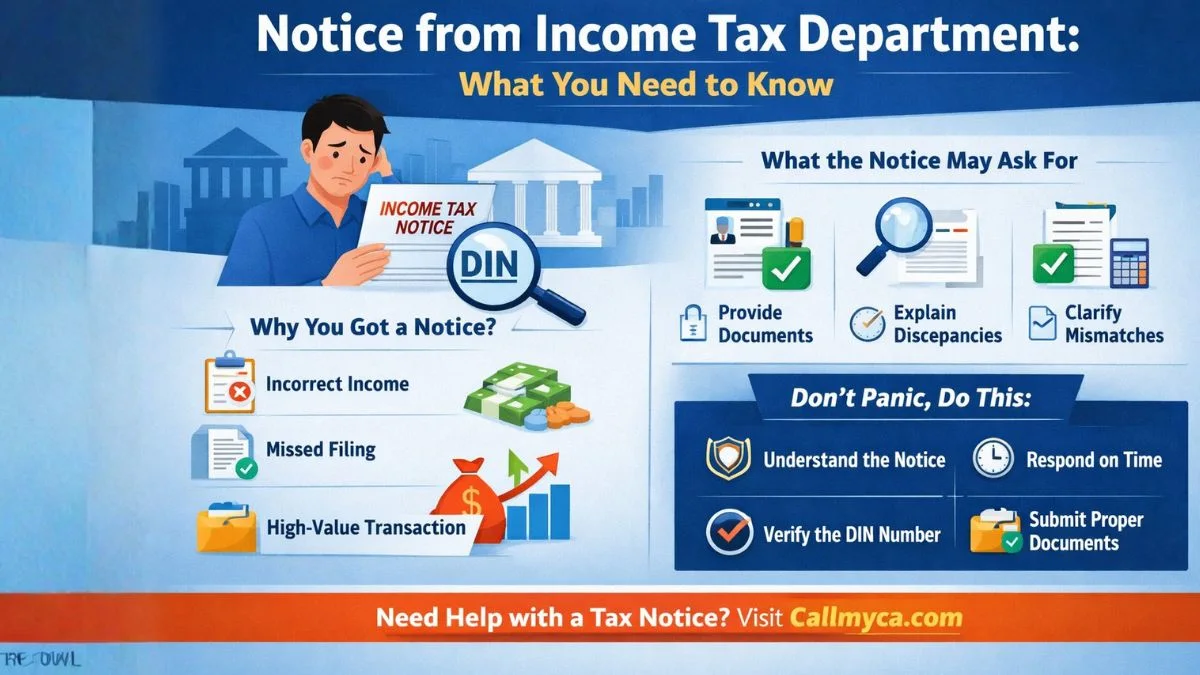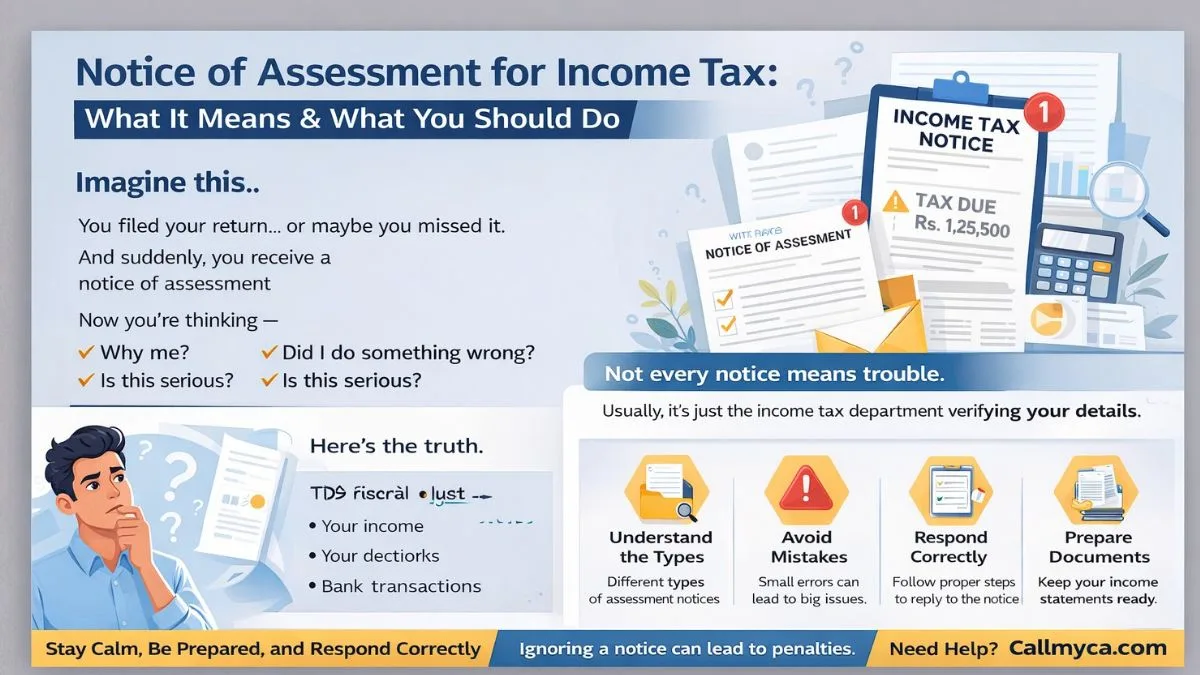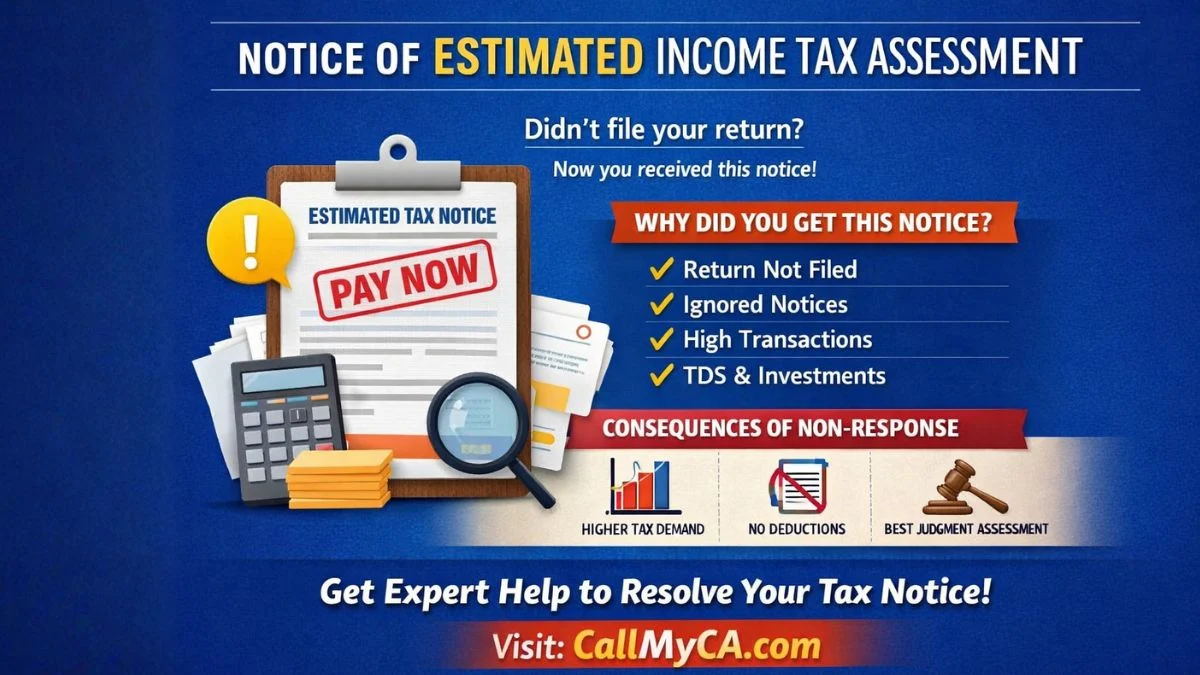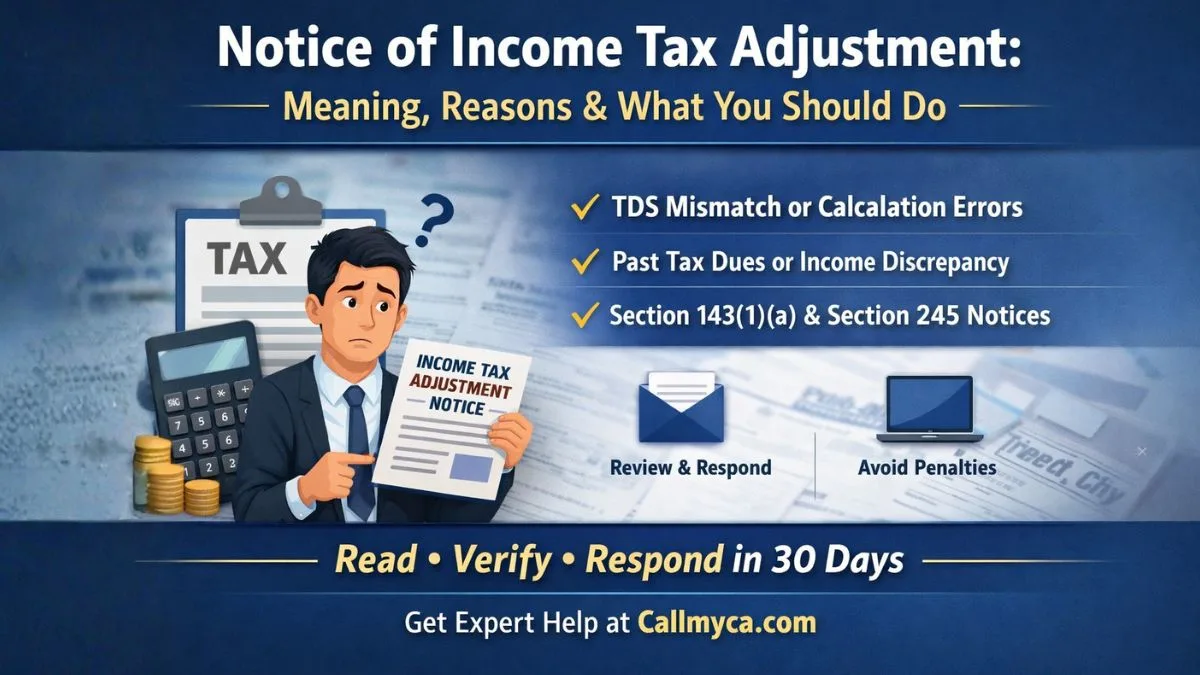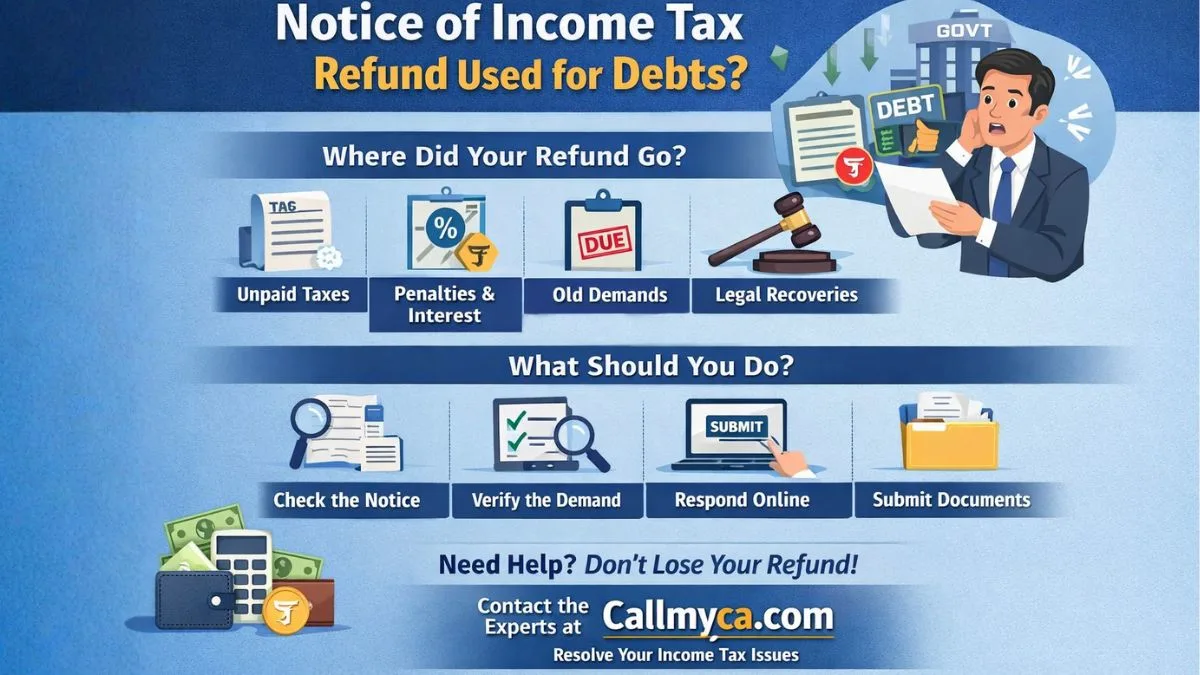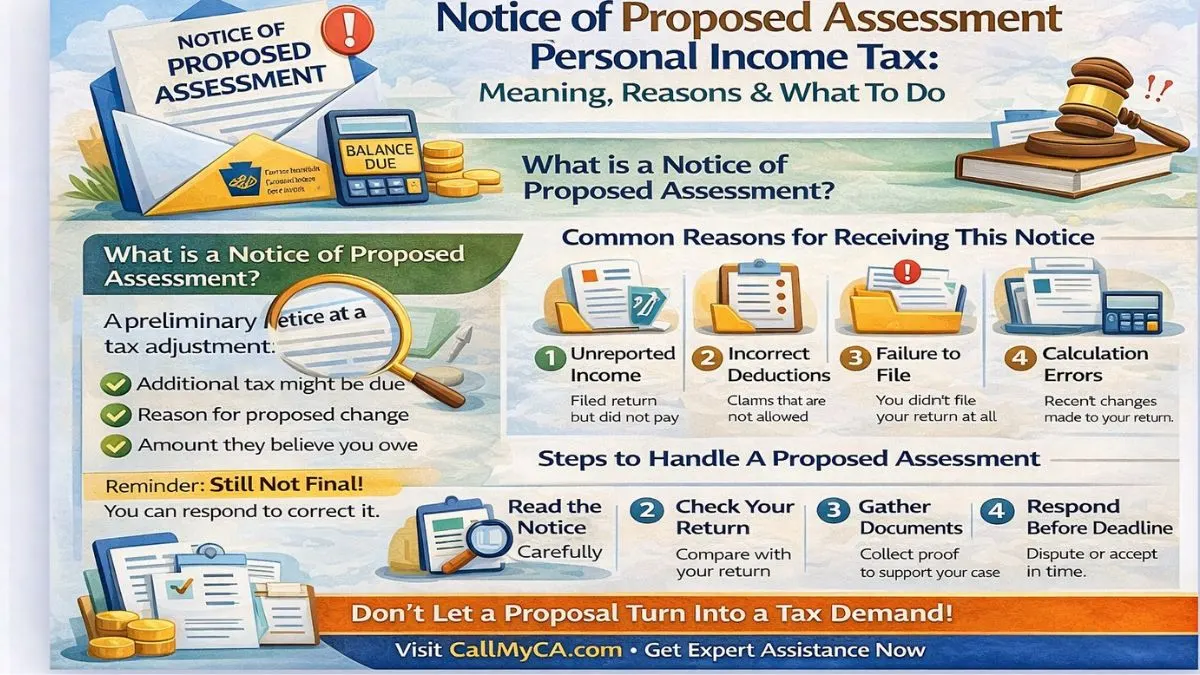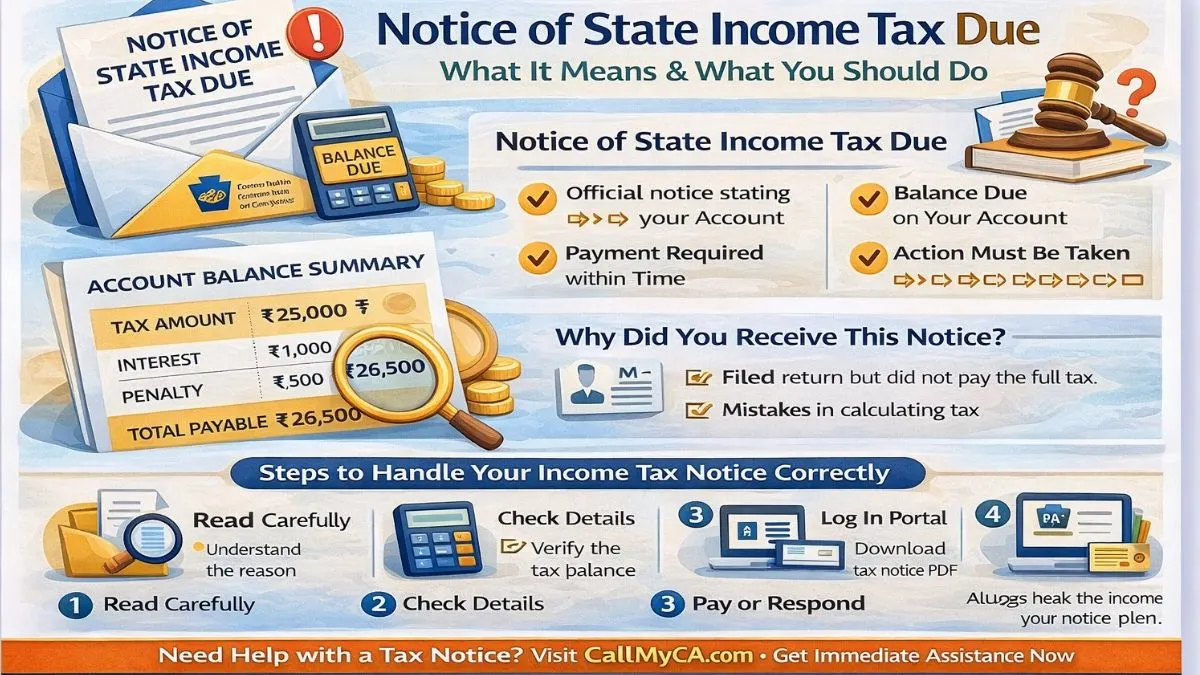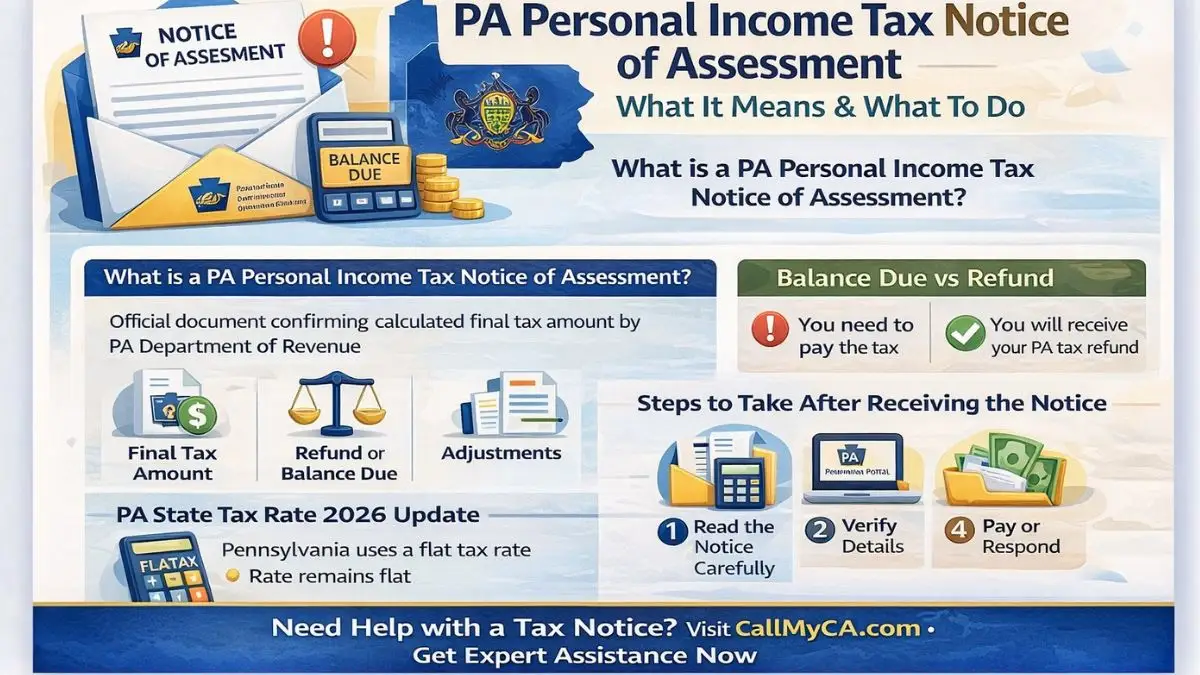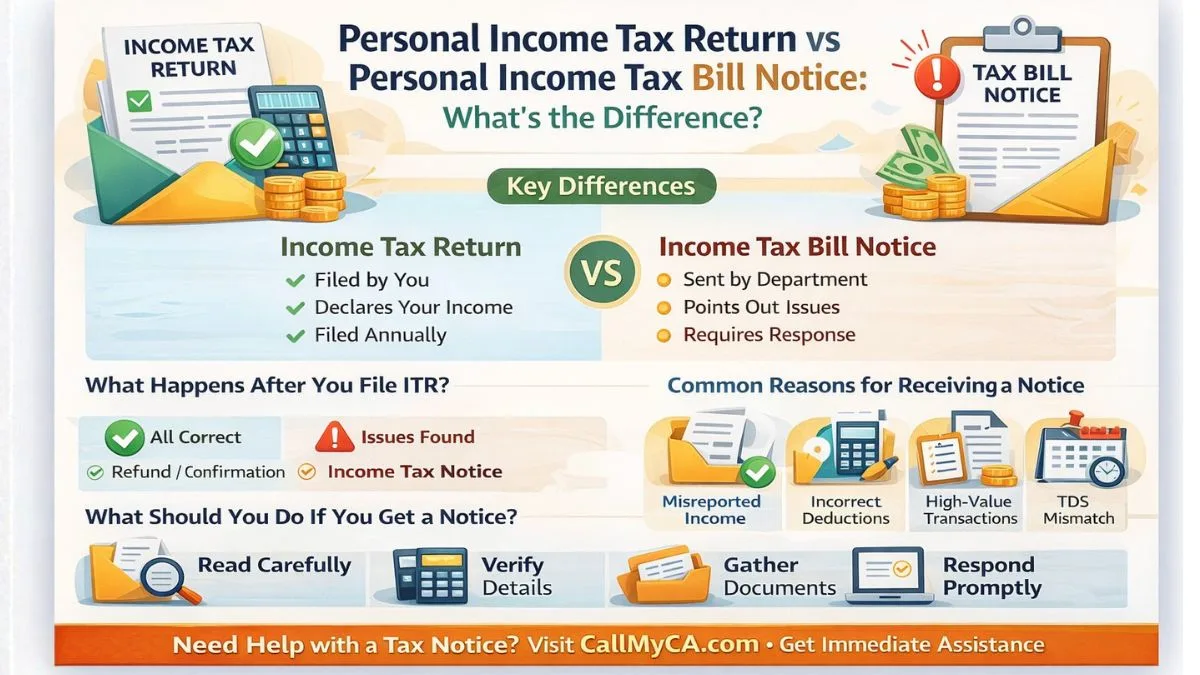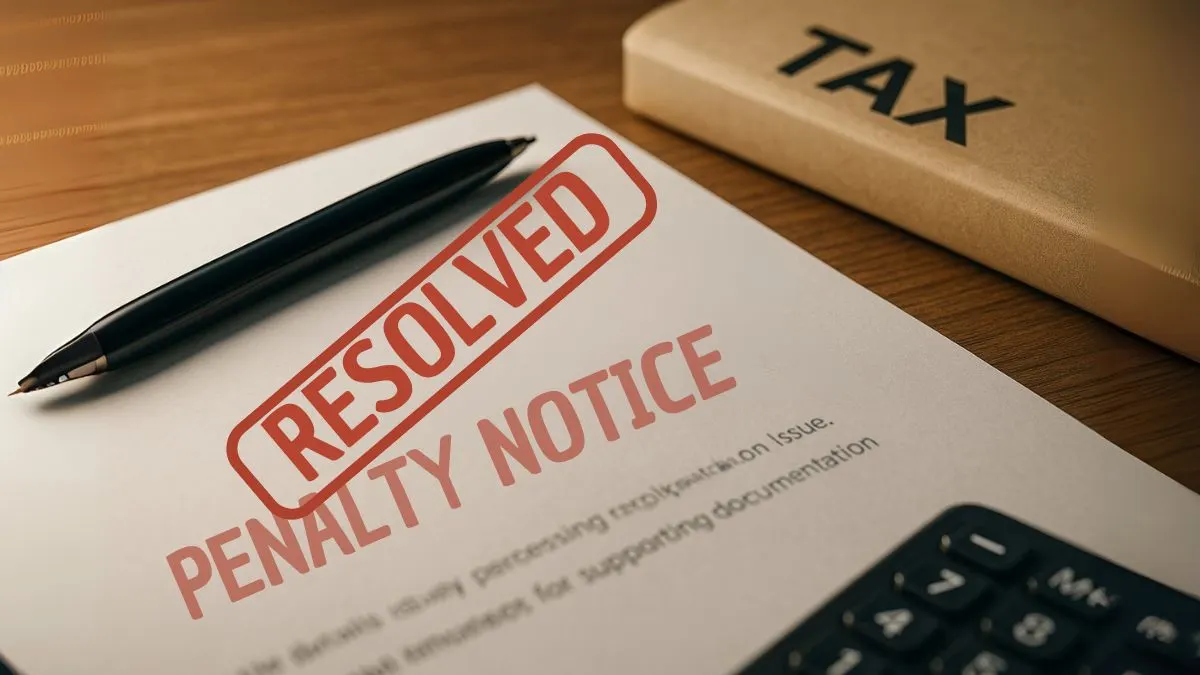
Received a penalty for incorrect income details in your ITR? Don’t panic. Here's a practical case where a taxpayer successfully challenged the Section 271(1)(c) penalty using nothing but medical proof, honest explanation, and the law.
The Background:
In this case, a salaried taxpayer filed ITR for FY 2014–15, claiming deductions & a TDS refund. However, these deductions weren’t backed with documents at the employer’s end. This triggered an income tax reassessment under Section 147.
As a result:
- ₹42,623 was added under “income from other sources”.
- The total income was revised to ₹5.83 lakh.
- A Section 271(1)(c) penalty of ₹37,127 was imposed for inaccurate particulars of income.
Delay Condoned on Medical Grounds
Now here's where things take a turn.
The taxpayer filed an appeal but with a 70-day delay. Why? Because she had just undergone surgery & couldn’t file the appeal on time. She backed her claim with hospital records and medical documents.
The department reviewed the evidence and allowed the delay condonation appeal, admitting that the health emergency was a genuine cause."
What Helped Her Win the Case?
Despite the delayed response and penalty notice, the taxpayer did a few things right:
- Admitted the Mistake
She clearly mentioned that the return was filed under wrong advice from a tax consultant. There was no intent to evade taxes—just a case of poor judgment & blind trust.
- Voluntary Disclosure
During income tax reassessment, she filed a revised return disclosing all income and paid the correct taxes—before even knowing the reasons for reassessment. This shows there was no mens rea (intent to hide).
- Relied on Legal Precedent
She cited a recent case where the Income Tax Appellate Tribunal (ITAT) ruled that no penalty should apply if:
- The taxpayer voluntarily declares the correct income during reassessment.
- There’s no further addition by the Assessing Officer.
- And the penalty order does not specify clearly whether it’s for concealment or inaccurate particulars of income.
Also Read: Section 271(1)(c) of Income Tax Act – Penalty for Concealment or Misreporting
What the Authority Observed:
The officer noted:
- The taxpayer was misled by someone posing as a qualified tax professional.
- There was reasonable cause for both the mistake & the delayed appeal.
- The revised ITR was voluntarily filed.
- No additional income was added by the department during reassessment.
Hence, the faceless appeal income tax proceedings ruled in favour of the taxpayer and deleted the penalty.
Key Takeaways for You:
✅ Section 271(1)(c) penalty is not automatic. It’s discretionary and can be waived in genuine cases.
✅ Always maintain proper proof when filing deductions or refunds.
✅ If you miss a deadline for appeal, file a delay condonation appeal with valid reasoning.
✅ If a mistake is made, be upfront, admit it, and submit a voluntary correction."
✅ Legal precedents & documentation matter more than assumptions.
How to Avoid Similar Penalties:
- Always use verified, registered professionals for filing taxes.
- Understand what’s being filed on your behalf.
- Keep proof of all deductions, investments, and exemptions.
- Respond to reassessment notices quickly.
- Know that inaccurate particulars of income can lead to hefty penalties—but honesty & documentation can save you.
Final Thoughts:
This case is a perfect example of how transparency, medical reasons, and legal knowledge can come together to save you from an unfair penalty. Whether it’s a delay condonation appeal or challenging a Section 271(1)(c) penalty, what you say—and how you prove it—matters.
Also Read: Faceless Assessments, Powers, and Best Judgment
Need Help Replying to a Tax Notice?
Facing a notice under income tax reassessment or penalty under income tax? Don’t go silent.
Let professionals help you:
✅ Draft detailed responses
✅ Submit delay appeals
✅ Present evidence
✅ Avoid repeat penalties
👉 Visit Callmyca.com and get expert help today!

